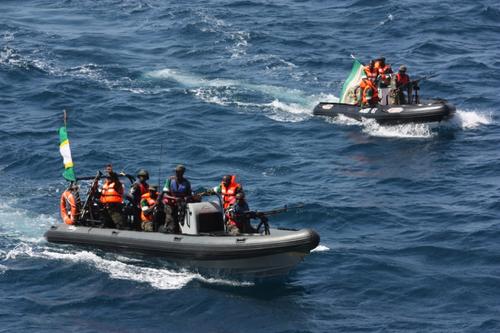The key words of the European summit
The next European summit will be about the economic crisis. Not very original. The previous one had it too. And the following too, no doubt. Here is a paper written for Ouest-France where I summarize the main topics under discussion.
eurobonds. Eurobonds consist of pooling the debts of the various Member States by allowing the lifting on the financial markets of loans, guaranteed in common. The only problem is that article 123 of the Treaty prohibits " the acquisition by the European Central Bank of debt instruments”. An argument on which Angela Merkel, the German Chancellor, braces herself to refuse any opening. But it is increasingly isolated on the political scene. Luxembourg and Italy first, United Kingdom, Austria, Ireland, Slovakia then showed their agreement for the creation of such a mechanism advocated by France.
Major works / Projects bonds. “Project bonds” the issuance of bonds to enable the financing of major European infrastructure projects (transport, energy, information technology, etc.). Everyone is on the same wavelength these days. The European Parliament, the Member States and the European Commission agreed on Monday to release 230 million euros from the Community budget. This will make it possible to borrow 4 to 5 billion on the markets to finance these major national or European projects. The capital of the European Investment Bank could also be increased. This would increase its lending capacity. This point is still under discussion.
European Central Bank. The firefighter on duty could again be called in to help. In autumn 2010, the European Central Bank launched a bond buyback program for Greece. Program reactivated in the summer of 2011 to deal with Italian and Spanish debts. Germany considers that this is a breach of the European Treaty which prohibits this type of measure, except in an emergency. Both Spain and Italy want it to resume.
Structural Funds. There are 82 billion euros available which have not yet been spent. The European Commission has proposed to ease the conditions for access to European funding. Some States would thus only have 5% of the European amount to co-finance.
Budget. The Maastricht criteria (maximum deficit of 3% of GDP and maximum debt of 60% of GDP), further reinforced by the budgetary pact and the golden rule, are untenable for most countries. Even the Netherlands, despite being supporters of budgetary orthodoxy, are imploring the European Commission to put a little water in its wine. The austerity plans could thus then be reviewed, or at least spread out over time.
Structural measures. Restarting growth everyone is for. But everyone puts different ideas into it. For the European Commission, this essentially involves reforms that can hurt the French government: extension of the retirement age, reduction in wages in less competitive countries, relaxation of labor law, particularly in terms of layoffs.
Nicolas Gros Verheyde
Published in Ouest-France, May 24, 2012
